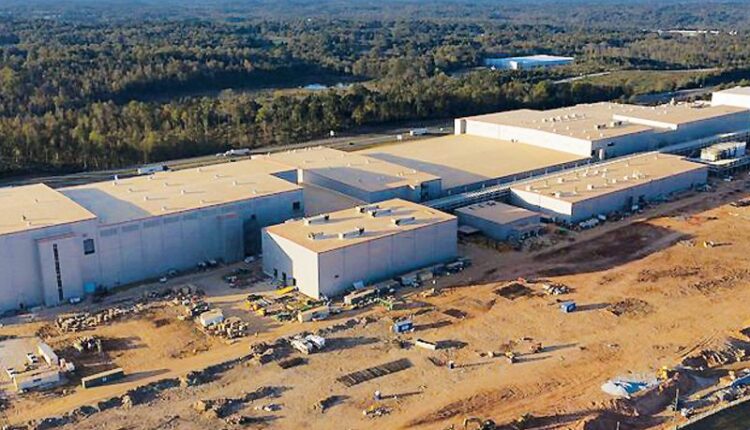Swedish auto startup Polestar’s decision to build a midsize electric crossover in South Carolina illustrates a new truth about vehicle manufacturing in the coming decade: Electric vehicles are changing the rulebook on how automakers think about sourcing products for the U.S.
EVs are transformative, say many analysts. And the transition to battery-electric vehicles could redefine the industry’s footprint, says Michael Robinet, executive director of IHS Markit.
Electrification is no longer “some sort of fantasy,” he said, as several EV-related announcements, including Polestar’s decision, came from the industry last week. “The industry is moving in this direction — full stop.”
Polestar’s move to build in the U.S. shows why.
The company, which is affiliated with Volvo Cars and its Chinese parent company Geely, has barely begun to establish a sales foothold in the U.S. But it will produce the coming Polestar 3 crossover at Volvo’s plant in Ridgeville, S.C.
That’s a change from established industry practice. Import brands historically spent years nurturing U.S. sales results before being willing to consider the expense of an American production base. When they did take the plunge, often it was for a nameplate or segment with an established sales demand.
Even then, when such an investment was greenlighted, it might have been years more before the venture got around to sourcing its key components locally, including engines or transmissions.
The industry’s rush to electrification appears to be changing that thinking. For a variety of reasons, EVs are getting U.S. production lines from the get-go.


